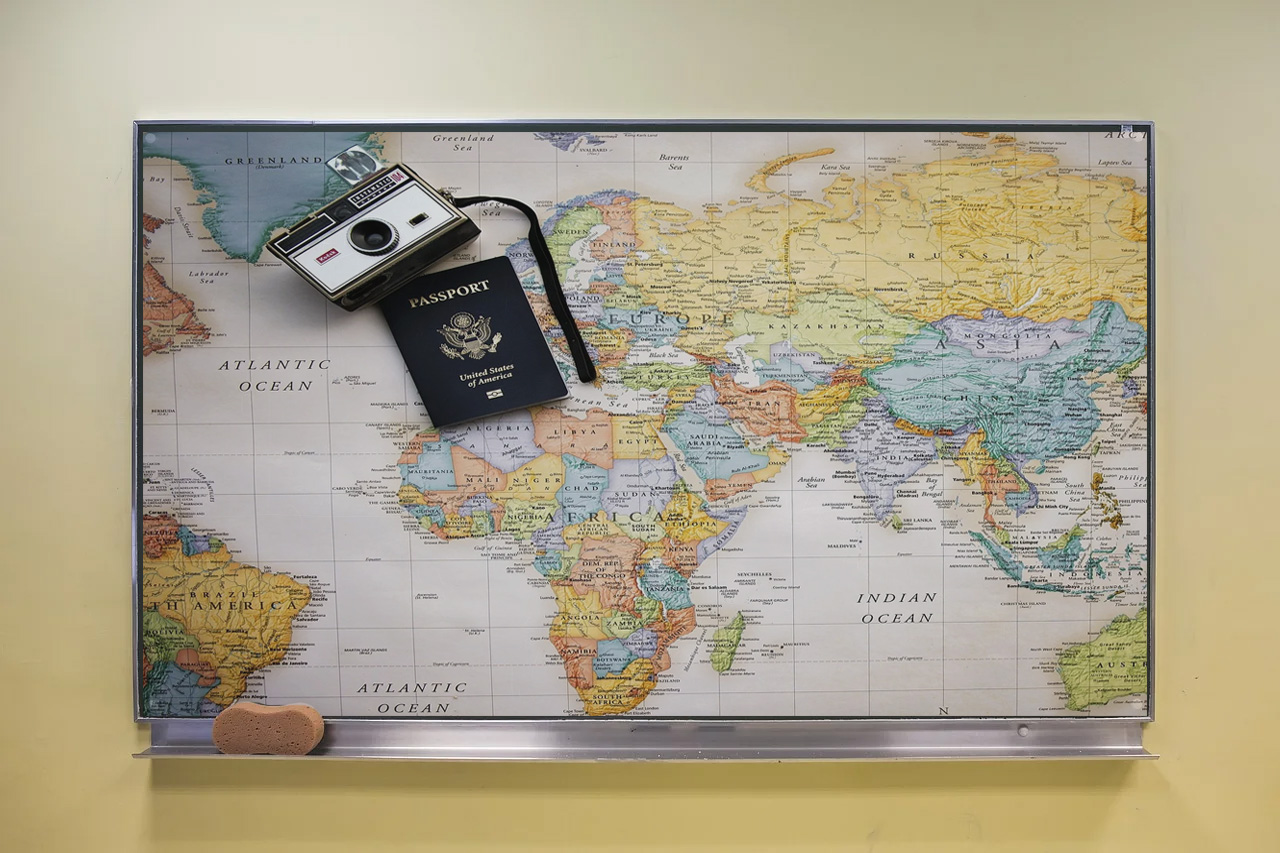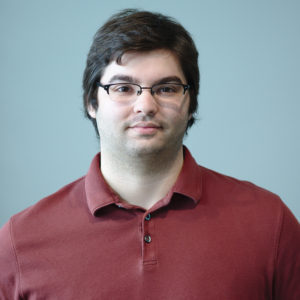Part one of an ongoing correspondence with New Voices Magazine, Daniel Crasnow reports on his experiences as an English teacher in Israel during a year of pandemic in a new series entitled, “Diaspora English”.
It’s our third night in quarantine in Israel, and my five roommates and I are playing the card game form of “Never Have I Ever” around our dining room table over two bottles of wine, chill music, and purple string lights. Little by little, between snack breaks and sips of, wine we discuss some of our most embarrassing life moments, our worst decisions, and our hopes for our next ten months in Israel.
Together, we form part of the 2020 cohort for BINA: The Movement for Social Change, a left-wing Jewish organization whose mission matches it’s title— we are here as Western Jews in Israel, hoping to help connect our diaspora community to the Israeli world and the Israeli world, back to our community. Our part of that mission is known as MITF— the Masa Israel Teaching Fellows— and, once our quarantine ends, we’ll be working in the Israeli public school system teaching English to Israeli and Arab kids.
MITF focuses on providing English education for kids from low socio-economic backgrounds. Central to that cause is the notion that English, as the world economic language, is a measurable tool through which people can improve their class status within Israeli and global cultures. My part of the program works in the poorer areas of Tel Aviv, and the minority populations within Nazareth. I came here hoping to learn Hebrew and Arabic, and though I’m not sure what I want to do, I’ve always considered the diplomatic core to be a good opportunity to change the world.
Years ago, I realized that I could never make a difference sitting in America, only speaking English. I can never understand the world through news stories I read in my Florida bedroom. I guess it’s stereotypical to say that I hope my students will teach me as much as I teach them, but in this case, I hope it will be true. I don’t think anyone on this program came to Israel in the middle of COVID in order to reinforce what we know about ourselves. We all want to be redefined here, and MITF is a way of doing that.
But as long as we remain in quarantine, our eagerness to explore Israel remains tempered by two-hour Zoom meetings, hosted three times a day, five days a week. By the end of the fifth day of quarantine, my six apartment mates and I were bouncing off the walls trying to keep ourselves entertained, and often we did not have the will (or attention span) to sit through all of the Zoom meetings that we were required to attend.
Despite this, the Zoom meetings helped me realize that Israel’s academic system parallels America’s. Just as the American academic system continues to feel (and participate in) the systematic racism that has defined the American way of life for hundreds of years, Israel’s academic system also suffers from systematic racism. Just as white schools in America have better funding, better conferral rates, and, as a result, tend to encompass a pro-education culture that affects the academic system all the way to its highest echelons, Israeli schools face a similar reality of cyclical persecution. In America, the divide tends to be between majority white and majority non-white schools. In Israel, the divide follows both racial and religious lines.
The failure of both academic systems to address their histories evidences itself in the disenfranchisement of the most vulnerable populations; in this case, that disenfranchisement leads to failing grades, aggression, violence, and disinterest, which then justifies allocating less resources to that school system, repeating the process.
Within the context of this history, one MITF speaker stood out above everyone else. Halfway through our two-week quarantine, MITF heard from Mrs. Shirin Natour-Hafi, an Arab-Israeli teacher, principal, and economic leader who spoke to us on the relationship between the Israeli and the Arab communities.
She said she felt that, for the first time, Israeli-Arabs are using their voice and their history to participate in the Israeli governmental system. During the last election, Gantz only got the chance to form the next government after the Arab parties nominated him for the Prime Ministership, and though few within the Arab-Israeli community thought he would be a revolutionary, pro-peace leader, the opportunity for the Arab community to flex its political muscle (and for that muscle to have a massive impact on the Israeli political stage) was an opportunity onto which the Arab community clung. Even though the Arab-Israeli community remains far from successfully creating the change they want, in the last election the Arab community got a taste of what it is like to have political influence, and, according to Mrs. Natour-Hafi, that changed the Israeli-Arab world, and Mrs. Natour-Hafi couldn’t imagine the Israeli-Arab world returning to what it once was.
We’d spent the day talking about stereotypes, and so we asked Mrs. Natour-Hafi what Israeli-Arab students think of Americans like us. She said: “Here’s how I describe metaphors. Before we learn to speak, we take an image, let’s say of a sun, or a flower. Then, soon, we learn to spell sun or flower and we attach that word to the image. When the Arab community hears ‘America’, we think Trump. We think ‘Israel’s best friend’. Your job is to help your students learn that you are you. Not Trump. Not America.”
My suitemates and I didn’t discuss that comment but it still runs through my head.
As a pro-peace American Jew, I had always placed the cycle of violence that radiates from the Israeli/Palestinian conflict as another cycle of systematic hatred to be dismantled. I placed the conflict alongside the failures of the academic system, or the prison-industrial complex, or the war machine. I saw all of these cycles, and believed myself to be an ally in working to dismantle them; a belief I still hold.
What I had forgotten is that Trump, like him or not, is the face of current American politics. His opposition may be vocal within American territory, but around the world he is the face of American political and military might. In fact, he is the only diplomatic face, and that fact permeates through how the world sees not just America as a nation, but Americans as people.
I’ve never supported Trump and I never will, but that doesn’t change the fact that when Arabs and Palestinians hear of Americans, as Mrs. Natour-Hafi said, he is the metaphor that defines us and, by extension, me. I’ve always been proud of how vocally I oppose this President, but that doesn’t change the fact that, for now at least, I still wear his name.
I’m not sure how that reality will affect my relationship to the community I am trying to assist, but let me promise here, that I will continue to fight against the idea that America is defined by Trump or the reality that he encourages.

